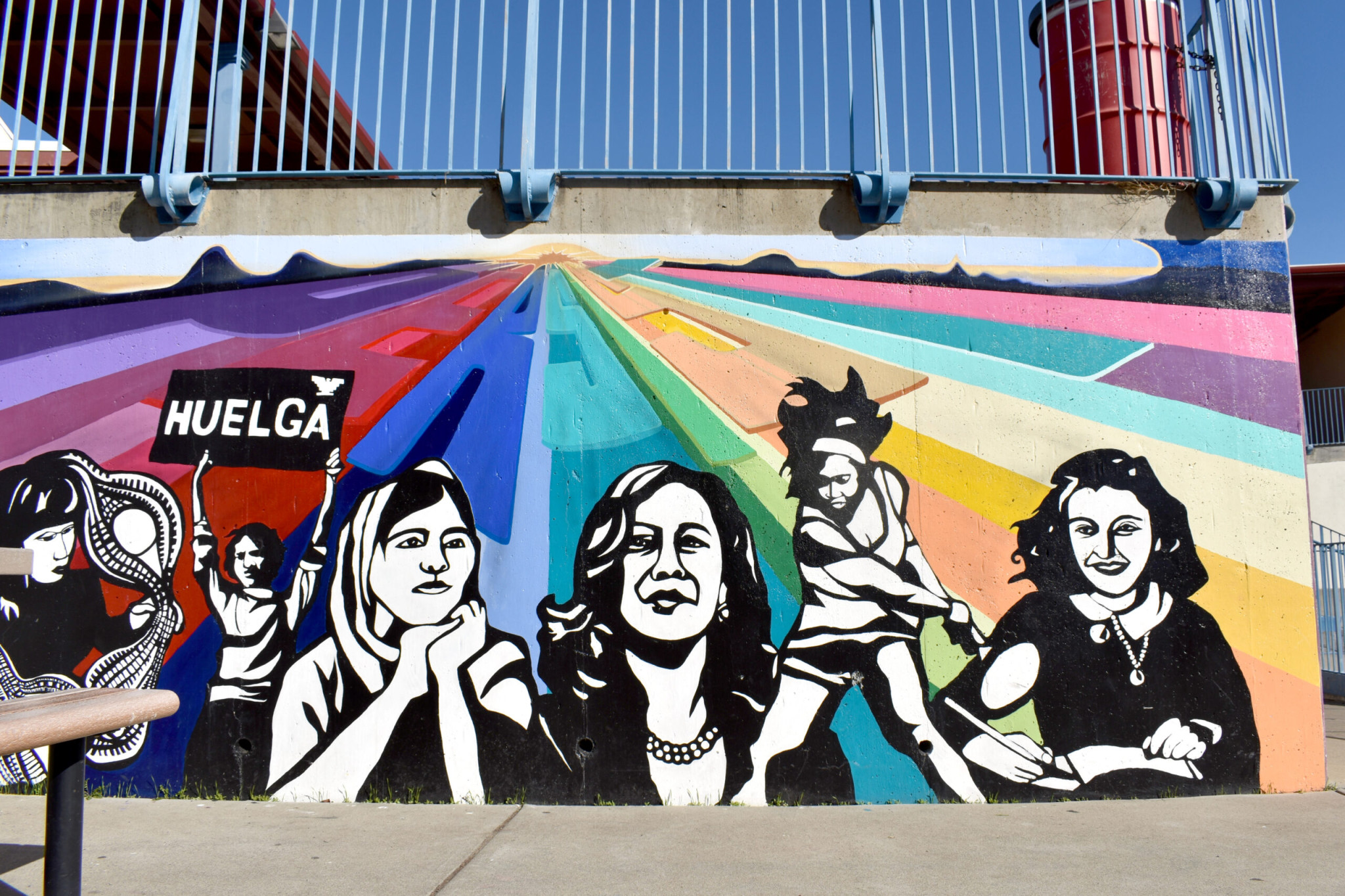Kamala Harris is set to be the first woman of color in the vice presidency, and her meteoric rise has caused many Berkeley residents to call for her East Bay roots to be honored by renaming a school after her. Harris notably attended Thousand Oaks Elementary School, which has been the primary subject of renaming efforts. That being said, renaming Thousand Oaks before Harris has left office as a California senator, let alone before she’s entered the White House, would be highly unusual. Not only that, but Harris’s controversial track record as a district attorney, and later attorney general, question the need to grant Harris such high praise and recognition.
Schools being named after a vice president is quite rare, and a school being named after someone before they’ve left office is almost unheard of, and for good reason. To name a school after Harris before she has finished her term(s) as vice president would be to celebrate her legacy without really knowing what it is. The potential for disaster as a result of premature renaming cannot be ignored. There is always the possibility that Thousand Oaks would be renamed, only for the following years to see Harris perpetrate any number of acts that would make her wholly undeserving of a school being named in her honor. On the other hand, Harris’s legacy could end up being one of contrastingly groundbreaking policies that leave a lasting positive impact on the world, but even if this is the case, why not wait for said strides to be taken before taking action?
Although commemorating accomplished women of color, whose achievements too often go unnoticed, is a critical step towards inspiring and encouraging other young women of color in Berkeley, Harris isn’t the ideal candidate for renaming a school. Although she has since abandoned many of her tough-on-crime stances, Harris’s previous actions as a prosecutor shouldn’t be forgotten so quickly.
One of the more unforgivable actions to come out of Harris’ years as a prosecutor was her fight to release fewer prisoners. Despite overcrowding in California prisons being ruled illegally cruel by the Supreme Court in 2011, her team of lawyers at one point went as far as to argue that releasing too many incarcerated people would diminish the available prison labor force.
Another criticism of Harris is her handling of the Daniel Larson case, a man who despite having been proven innocent, was kept in prison by Harris’ office because he filed his appeal for release after the legal deadline. Thankfully, the courts ruled in favor of his release. Possibly the worst of Harris’ legacy as attorney general is her aversion to police accountability, including ignoring several attempts to get her office to investigate cases of police violence, fighting a bill that would enforce body camera usage across California, and failing to acknowledge accusations of wrongdoing towards law enforcement officials.
Ultimately, Harris’ actions throughout her career as attorney general have demonstrated her disregard for accountability and her shortcomings as an upholder of justice, which make her an unsuitable choice to be honored with a school.
Despite Harris’ landmark political achievements, renaming a school after her would set a precedent of premature commemoration and ignoring past acts of abuse and injustice.





